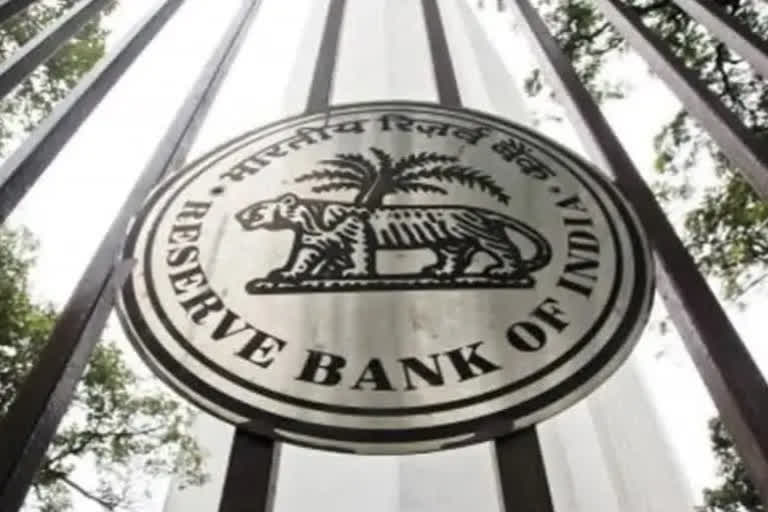New Delhi: Inflation trajectory continues to be "heavily contingent" upon the evolving geopolitical developments, international commodity prices and global financial sector developments, Reserve Bank Deputy Governor Michael Debabrata Patra has said. The RBI on its part has front-loaded monetary policy response, with a cumulative 140 basis points increase in the benchmark rate so far with an aim to check high inflation which is ruling above its comfort zone of 6 per cent for the past seven months.
In its meeting early this month, the monetary policy committee (MPC) of the RBI decided to remain focused on the withdrawal of accommodation to ensure that inflation remains within the target going forward while supporting growth. Also, the RBI is engaged in withdrawal of the liquidity infused into the economy during the pandemic in a calibrated, multi-year time frame.
"In the near-term, however, the inflation trajectory continues to be heavily contingent upon the evolving geopolitical developments, international commodity market dynamics and global financial market developments," Patra said on Wednesday in his keynote address at the SAARC FINANCE Seminar hosted by India here.
The Reserve Bank uploaded his speech on its website on Friday. India has adopted an inflation targeting framework since 2016, with a target of 4 per cent defined in terms of headline CPI inflation within a tolerance band of +/- 2 per cent around it. While inflation averaged under 4 per cent during 2016-20, it rose to 6.2 per cent in 2020-21 when the first wave of COVID-19 hit the country.
It moderated in the following year (2021-22) to 5.5 per cent and was projected to ease further to 4.5 per cent in 2022-23 as recently as February 2022. Patra said the war in Ukraine has altered the outlook drastically. "Although it (inflation) appears to be moderating from its peak of 7.8 per cent in April this year, we would prefer to await more incoming data before we are convinced that this a durable trend," the Deputy Governor said, who is also a member of RBI's MPC.
While some easing of international commodity prices and supply chain pressures, both globally and domestically, are positive developments, upside risks remain in the form of potential second order effects and the transmission of input cost pressures to the sticky core component of inflation, he added. For the financial year 2022-23 (April-March) as a whole, the RBI has projected that headline CPI inflation would average 6.7 per cent.
Patra further said the RBI has taken several initiatives to strengthen inflation monitoring and improve the accuracy of forecasting. Besides widening the ambit and depth of a suite of forward-looking surveys, a data science lab has been set up to explore alternative forecasting techniques and models, including artificial intelligence and machine learning (AI/ML), he said.
Patra informed that the RBI has stepped up the gathering of market-based intelligence from trade bodies, traders, domain experts and regional units. "We face challenging trade-offs in our day-to-day functioning and keen public scrutiny. Mostly unsung, our role has undergone a transformation in recent years.
"From lenders of the last resort, we have become defenders of the first resort. Hence, our response to inflation shocks such as the one we face today has to be predicated on managing expectations and fortifying credibility," he said. The Deputy Governor further said that if the inflation target is breached for a prolonged period, this could unsettle expectations and eventually get reflected in higher inflation.
"At the current juncture, our experience is that by frontloading monetary policy actions, credibility is demonstrated by showing commitment to the inflation target," he said. Another dimension of monetary policy credibility is the timing of its response, he said and added that a delay in the monetary policy response leads to a further loss of credibility, unhinging of inflation expectations and eventually, higher inflation outcomes with a higher sacrifice of growth.
Patra also said there are strong accountability criteria embedded into the framework by legislation and associated regulations in the case of deviations of inflation outcomes from the target. (PTI)



